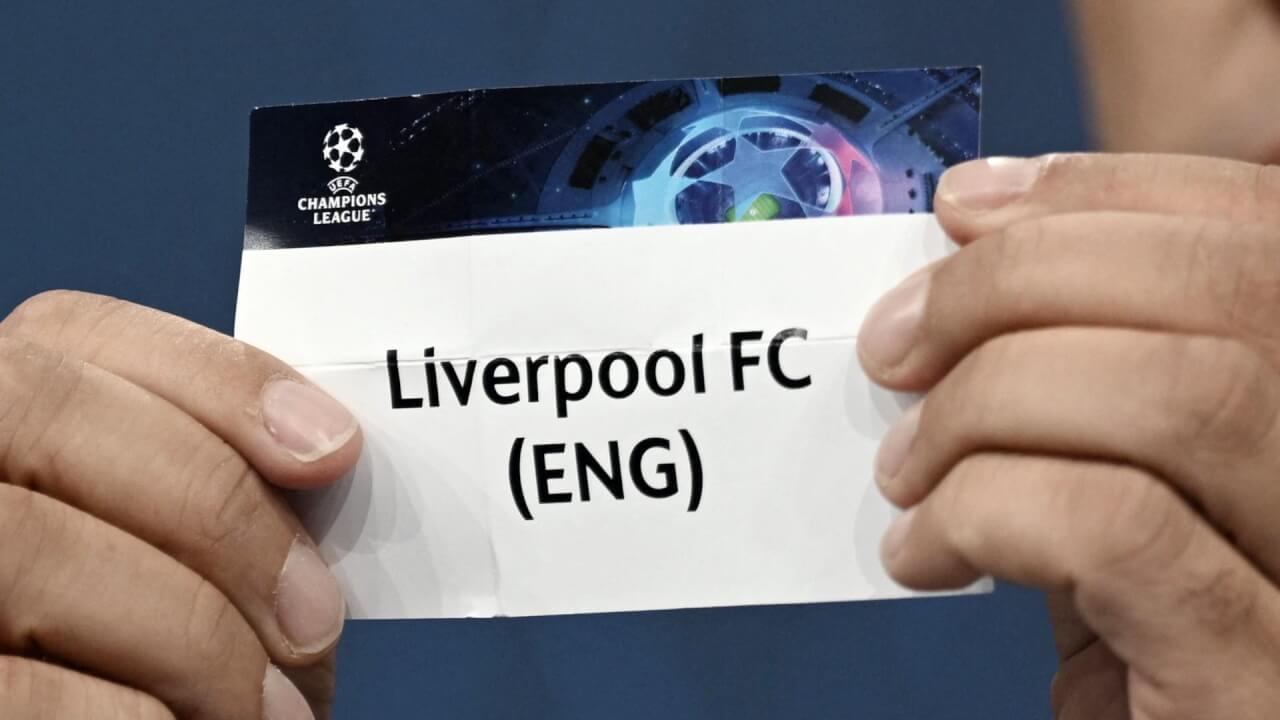Champions League Draw: ‘Expect more meaningless matches’
As the Champions League enters a new era with its revamped format, Liverpool faces fresh challenges and opportunities. On the latest episode of Molby on the Spot podcast, Trev Downey and Jan Molby dissected the implications of the new format for Liverpool, offering insights into how the club might fare in this expanded competition.
The Swiss Model: More Matches, More Money
The most significant change in the Champions League is the introduction of the “Swiss model,” which replaces the traditional group stage format. Jan Molby was quick to point out the primary motivation behind this shift: “There’s absolutely no doubt in my mind that it’s designed for one reason and one reason only, and that is to have more games.” The new format increases the number of group-stage matches from six to eight, adding more fixtures to the already congested football calendar.
Molby emphasized that the additional games are driven by financial incentives: “More games mean significantly better TV deals and more prize money.” UEFA has packaged this as an opportunity for more high-quality matches, but for Molby, it’s clear that the main goal is to generate more revenue. As a result, clubs like Liverpool will have to navigate an even more gruelling schedule, with the potential for fatigue and injuries becoming more pronounced as the season progresses.
The New Group Stage Experience
Under the new system, Liverpool will face a variety of opponents in the group stage, playing eight different teams instead of the usual three. This means more travel and more matches against unfamiliar opposition. Molby noted, “You basically play eight different teams now, which I think is great.” However, he also expressed concern about the quality of some of these fixtures, particularly for top clubs like Liverpool.
Molby pointed out the disparity in competition: “We just get to play more games against teams that we can beat.” He suggested that the excitement of facing top European clubs might be diluted, with Liverpool potentially facing several matches against weaker opposition. This could lead to a situation where some games lack the high stakes that typically make the Champions League so thrilling.
https://twitter.com/AnfieldIndex/status/1829567603943100579
Navigating The New Format
The new format also changes the dynamics of qualification. The top eight teams from the group stage will automatically progress to the round of 16, while teams ranked 9th to 24th will enter an additional knockout round. Trev Downey raised an important question: “What do you reckon to the Reds’ chances in terms of being immediate qualifiers in that top eight?”
Molby was confident in Liverpool’s ability to navigate the group stage successfully: “We’ve got to do our level best to be in that eight, so we don’t have to worry about that extra round.” He acknowledged that while the draw might seem challenging, especially with teams like Real Madrid and AC Milan in the mix, Liverpool’s pedigree in Europe should see them through. “Liverpool belongs to the elite in Europe,” Molby asserted, suggesting that the Reds should comfortably finish in the top eight.
Impact on the Premier League Campaign
One of the key concerns for Liverpool will be managing the balance between their Premier League and Champions League commitments. With more matches to play in Europe, the risk of player burnout increases, which could impact Liverpool’s domestic form. Molby reflected on this challenge, noting that while the expanded format offers more opportunities for revenue and exposure, it also adds pressure on the squad to perform consistently across multiple competitions.
As the Champions League group stage gets underway, Liverpool fans will be watching closely to see how the team adapts to this new format. With a demanding schedule ahead, the Reds will need to draw on all their experience and depth to succeed both at home and in Europe.



